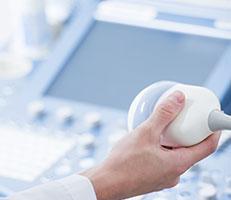High Risk Screening Specialist
Elizabeth Arena, MD F.A.C.S.
Board Certified Surgical Oncologist & Director, Breast Center at Surgery Group LA located in Los Angeles, CA
2 Total Reviews
If you have factors that place you at high risk for breast cancer, then comprehensive, effective screening is invaluable for peace of mind and early detection of breast cancer. Elizabeth Arena, M.D., F.A.C.S. of Beverly Grove, Los Angeles, offers in-office risk assessment, ultrasound, and genetic testing. If you believe you’re at increased risk for breast cancer, call the office or schedule your high-risk screening today.
High Risk Screening Q & A
What is a high-risk screening for breast cancer?
High-risk screening is a breast health assessment specifically designed for those who are at higher-than-normal risk for having breast cancer. To determine if you are at increased risk for breast cancer, Dr. Arena may use a variety of cancer risk assessment tools, including genetic testing.
Genetic testing identifies if you have mutations in BRCA1 or BRCA2 genes. These gene mutations don’t mean you will get breast cancer for sure, but that you’re at higher-than-average risk for developing it.
Using the information from your risk assessment and genetic testing, Dr. Arena designs a high-risk screening protocol that increases the chances of early detection, if you were to develop breast cancer. Your highly personalized screening protocol depends on the specific factors that increase your risks.
Am I at high risk for breast cancer?
Advanced age, poor diet, hormone replacement therapy, smoking, and obesity all increase the average risk for breast cancer. Factors that place you at an even higher risk for breast cancer include:
- Dense breast tissue
- BRCA1 or BRCA2 gene mutations
- Other gene mutations
- Family history of gene mutations
- Family history of breast cancer
- History of recurrent breast infections or other breast condition
- History of breast cancer or another type of cancer
- History of radiation therapy to the chest
Several health conditions may place you at higher risk for breast cancer, including atypical ductal hyperplasia (ADH), lobular carcinoma in situ (LCIS), Li-Fraumeni, Cowden/PTEN syndrome, or Bannayan-Riley-Ruvalcaba syndrome.
What does a high-risk screening entail?
Dr. Arena develops your personalized screening protocol based on your risk factors. Your screening may include diagnostic testing ranging from every six months to every three years, depending on the results of your risk assessment.
There are a variety of screening options available, including:
- Clinical breast exam
- Yearly or biennial mammogram
- In-office breast ultrasound
- MRI of the breast
- A combination of these diagnostic studies
In some cases, your risk factors may be significant enough to warrant consideration of a preventive nipple-sparing mastectomy. Dr. Arena discusses with you your best options, which may include a nipple-sparing mastectomy, and allows you to make an educated decision that fits your preferences.
For a high-risk breast cancer screening, call the office or schedule an appointment online with the team at Elizabeth Arena, M.D., F.A.C.S.
SERVICES
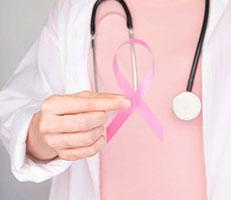
Breast Cancer

Nipple Sparing Mastectomy
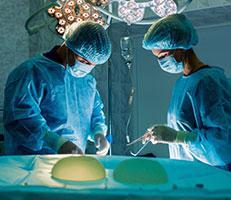
Oncoplastic Surgery

Breast Lump

Breast Pain
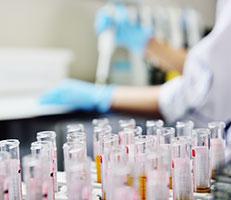
Genetic Testing
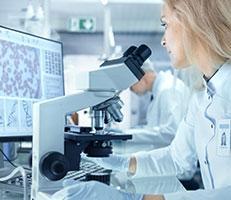
High Risk Screening
